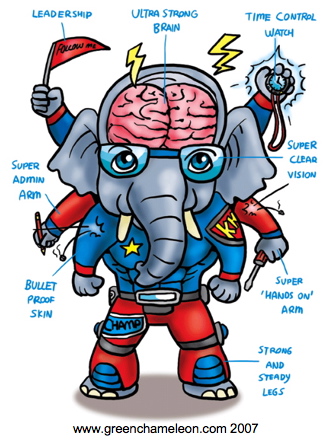Some more posts in my Business Model Innovation and Design blog that are worthy of being noted in this blog as well, same procedure as always.
Again, only posts that relate to innovation work, web 2.0 innovations, knowledge work and consulting:
The innovation fad is over … ah, not yet.
Payback on Innovation is what we need, listen to a podcast
Where the Coffee Shop Meets the Cubicle on co-working and here on the virtual workplace
Wikinomics @ brand eins german post, pointing to a german language interview with Don Tapscott
What is wikinomics? … learn more in a podcast
Innovationsmanagement @ Yahoo! german again, but some links to english language posts of interest
Storytellers make up the skills gap on storytelling (in knowledge work)
The Greatest Innovations of All Time on innovation management (and narrow-mindedness in innovation processes)
Teqlo zum zweiten on mash-ups, pointing to a nice screencast by Rod Boothby
Craig Burton in IT conversations … on the Enterprise of One, a discussion of how new technology has stripped the old business models away
A pointer to Henry Chesbrough on open innovation business models
It’s the strength of your business process versus those of your competitors … while implementation is hard
And last but not least, Russ Ackoff interview and some f-laws …
